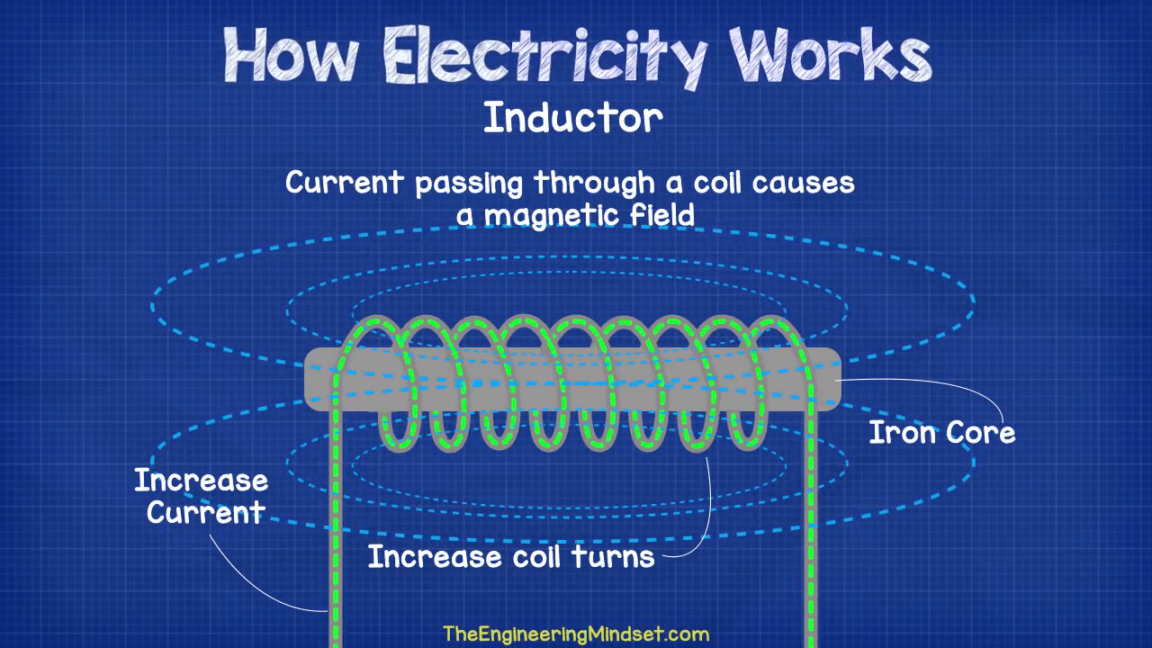How does a electrical outlet work?
Also, What FDIC insured means?
An FDIC insured account is a bank account at an institution where deposits are federally protected against bank failure or theft. The FDIC is a federally backed deposit insurance agency where member banks pay regular premiums to fund claims. The maximum insurable amount is currently $250,000 per depositor, per bank.
What is the function of outlet?
Electrical outlets (also known as outlets, electrical sockets, plugs, and wall plugs) allow electrical equipment to connect to the electrical grid. The electrical grid provides alternating current to the outlet.
What is special purpose outlet?
A special type of standard outlet found in kitchens, bathrooms, and other rooms of your house that may be exposed to damp conditions, GCFI receptacles are designed to prevent serious injury or damage that could result from an electric shock in places where there is the potential for electricity and water to meet.
Is an outlet a circuit?
The circuit breaker is connected to each of your outlets by wiring. An outlet has three holes. The first hole, or left hole, is called “neutral”. … The circuit is completed when the current is brought back into the outlet through the neutral slot, and back into the circuit breaker.
What is the FDIC limit for 2021?
That was back in 1934, and today not much has changed except for the FDIC coverage limit growing by a multiple of 100, from $2,500 to $250,000 as of 2021. Today, FDIC insured banks will cover $250,000 in deposits per account owner / ownership category, per insured bank.
What bank is not FDIC insured?
One example is the Bank of North Dakota, which is state-run and insured by the state of North Dakota rather than by any federal agency. If you open an account at a bank outside the United States, it will not carry FDIC insurance, although it may carry its home country’s deposit insurance.
Is it safe to have all your money in one bank?
insures the money you put into savings accounts, checking accounts certificates of deposit and money market deposit accounts up to a maximum of $250,000. … If you put all of your money into these kinds of accounts at one bank and the total exceeds the $250,000 limit, the excess isn’t safe because it is not insured.
Where are outlets used?
An electrical outlet or receptacle is a socket that connects an electrical device to an electricity supply. In buildings, electrical outlets are usually installed in the wall, although they can also be installed in the floor.
How much voltage is in an outlet?
The most common electrical outlet in any home is a 110 volt. Sometimes you may hear 110 volt plugs referred to as 120 volt. Do not be confused by this; think of them as one and the same.
Are outlets AC or DC?
When you plug things into the outlet in your house, you don’t get DC. Household outlets are AC – Alternating Current. This current has a frequency of 60 Hz and would look something like this (if you plotted current as a function of time).
What are the different types of power outlets?
9 Types of Electrical Outlets You Can Have in the Home
- 15A, 120 Volt Outlets. These are the most common in older homes and come in two versions: …
- 20A, 125 Volt Outlets. …
- 20A, 250 Volt Outlets. …
- Tamper-Resistant Receptacles. …
- GFCI Outlets. …
- AFCI Outlets. …
- Switched Outlets. …
- USB Outlets.
What is the difference between an outlet and a receptacle?
A receptacle is always an outlet but an outlet is not only a receptacle. … An outlet is defined as “A point on the wiring system at which current is taken to supply utilization equipment”. A receptacle however has always been something that an attachment plug is connected to.
What is symbol for electrical outlet?
The small horizontal line on the left of the circle indicates that the outlet is wall mounted. A circle without the horizontal line indicates that the outlet is mounted in the ceiling.
What is a 240v outlet?
What’s a 240-Volt Outlet? … 240-volt outlets use two 120-volt wires simultaneously, plus a neutral wire to power a single receptacle. Older homes and appliances may use three-prong 240-volt outlets. However, modern outlets and appliances use a ground wire too, which means modern 240-volt plugs have four prongs.
How outlets are wired?
It is tied together with a wire going to the switch and the black wire going to the outlet. The red wire (switched hot wire) going to the outlet, wires into the other side of the switch and the white wires (neutral), tie together to complete the return side of the circuit. … These outlets are not switched.
Is money stuck for a set time in a traditional savings account?
Which of these accounts has your money “stuck” for a set period of time? … Your money is stuck and you can’t take it out once you’ve deposited it into a money market account.
Is FDIC insured per account or per bank?
The standard insurance amount is $250,000 per depositor, per insured bank, for each account ownership category. The FDIC provides separate coverage for deposits held in different account ownership categories.
How much money is guaranteed in a bank account?
Cash you put into UK banks or building societies (that are authorised by the Prudential Regulation Authority) is protected by the Financial Services Compensation Scheme (FSCS). The FSCS deposit protection limit is £85,000 per authorised firm.
Is your money stuck for a set time with a traditional savings account?
Money in a traditional savings account is not immediately accessible with a check or debit card. That means you don’t use it for your daily cappuccino or occasional shopping trip. With regular contributions, the money in this account will grow over time, depending on your interest rate. Your money is safe.
How do millionaires insure their money?
Millionaires don’t worry about FDIC insurance. Their money is held in their name and not the name of the custodial private bank. Other millionaires have safe deposit boxes full of cash denominated in many different currencies.
Why are credit unions bad?
The downsides of credit unions are that your accounts could be cross-collateralized as described above. Also, as a general rule credit unions have fewer branches and ATMs than banks. However, some credit unions have offset this weakness by joining networks of surcharge-free ATMs. Some credit unions are not insured.
How much cash should you keep at home?
Most financial experts end up suggesting you need a cash stash equal to six months of expenses: If you need $5,000 to survive every month, save $30,000. Personal finance guru Suze Orman advises an eight-month emergency fund because that’s about how long it takes the average person to find a job.
How do millionaires store their money?
Many millionaires keep a lot of their money in cash or highly liquid cash equivalents. They establish an emergency account before ever starting to invest. … Some millionaires keep their cash in Treasury bills that they keep rolling over and reinvesting. They liquidate them when they need the cash.
Can banks steal your money?
Whether you want to hear it or not, the truth is that the banks are in bed with the government and although the government tells the banks to “treat people fairly,” they continue to steal your money, while greedily taking money from you (via the government and your tax dollars) at the same time.



